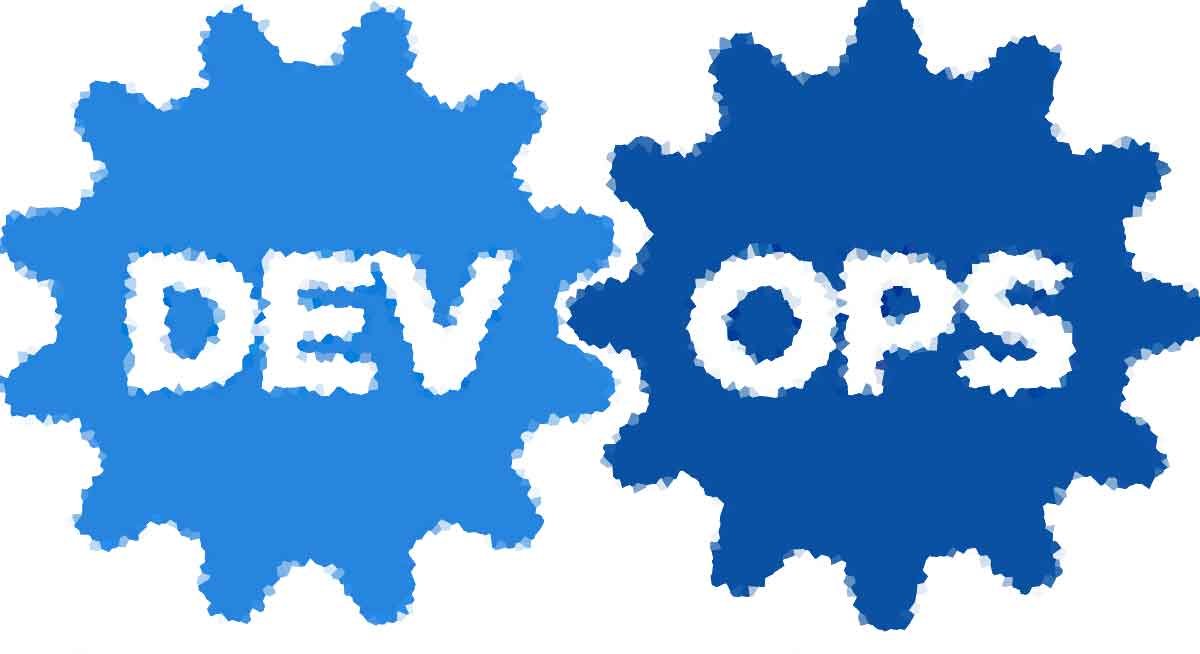Software companies and teams strive to deliver quality software quickly while minimizing defects. This requires automation, primarily in the areas of build, testing, and release to project teams. DevOps covers a wide range of tasks and skills in software development and IT operations, and many tools are created and used.
If you want to completely simplify the process of implementing your project, then you can simply use the services of devops outsourcing.
You need to make sure that all DevOps tools used in integrating Dev and Ops teams work together in the best possible way.

Tools
Let’s take a look at a list of essential tools designed for each stage of the DevOps cycle that provide better collaboration and transparency, as well as faster development and more sustainable architecture.
Git
This popular DevOps tool is one of the most widely used in the software industry. It is a distributed source code management SCM platform that is very useful for remote teams and open-source contributors. Make it easy to track development progress. It keeps multiple versions of the source code, which are available to roll back to the previous version if needed.
Integrating Git with a DevOps workflow requires hosting repositories where team members can upload their work. The two most popular services for hosting online Git repositories are GitHub and Bitbucket. The integration with Slack is very useful so that all team members receive notifications whenever someone sends a message.
Bamboo
This is a continuous integration and deployment server developed by Atlassian. Bamboo can integrate automated builds, tests, and releases into a single workflow with other Atlassian products such as JIRA, BitBucket, Stash, Hipchat, and Confluence, creating a robust software development and delivery ecosystem.
Integration with BitBucket, Confluence, and Jira just got easier. Bamboo allows you to automate tests and procedures when users are away from the office.
Jenkins
It is an open-source continuous integration server. This allows you to automate the entire build cycle of a software project. With the Pipeline feature, developers can automatically commit code to a repository, run test cases, and receive reports after testing. It is a customizable tool that sends messages to let you know if a particular sprint results in a bad build or corrupts the build. Most SDLC-related tasks and tools can be automated using Jenkins, allowing team members to increase their productivity.
Travis CI
Travis CI is a free continuous integration platform for all open-source projects hosted on Github. Containing information from our project, automatic builds can be run whenever our codebase changes in the master branch, other branches, or even a pull request.
TeamCity
TeamCity is a paid CI tool, although it also has a limited free version. It features a user-friendly interface and smooth settings. It runs in a Java environment and on an Apache Tomcat server, but can also be installed on Windows and Linux servers.
CircleCI
CircleCI helps users automate the software development process through continuous integration and delivery. This tool allows you to create software by organizing custom tasks using workflows. CircleCI can be configured to deploy code to a variety of environments, including AWS CodeDeploy, AWS EC2 Container Service (ECS), AWS S3, Google Container Engine (GKE), and Heroku. Other cloud service implementations are written using SSH or by installing an API client. Supports languages based on Linux, C++, Javascript, .NET, PHP, Python, and Ruby.
With the help of these popular tools, you can significantly simplify and automate the process of working with the DevOps methodology.
